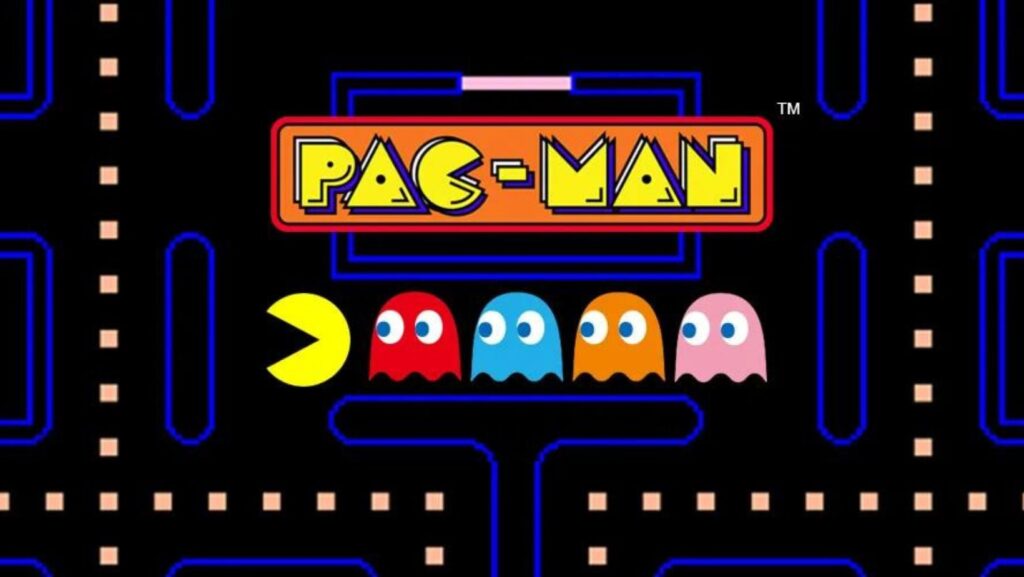
When is a Game Considered Retro
As a gamer, I often ponder the question: when is a game considered retro? The term “retro” can evoke different meanings depending on who you ask. For some, it may refer to games from a specific era like the 8-bit or 16-bit generation. Others might consider any title older than a decade as retro.

Reflecting on my own gaming journey, I find that nostalgia plays a significant role in defining when is a game considered retro. Games that transport me back to my childhood or evoke memories of simpler times tend to fall into this category. However, the pace at which technology advances raises an intriguing point – does each passing year push the boundaries of what we consider retro?
In exploring this topic further, it becomes evident that the definition of retro gaming is subjective and ever-evolving. While certain classics will always hold retro status, newer titles may one day join their ranks as time marches on.
Ultimately, pinpointing the exact moment when a game transitions from modern to retro remains a delightful conundrum worth unraveling.
The owner of Toynk delves into the intriguing question of when a game is considered retro, emphasizing how nostalgia and technological advancement shape our perceptions. This exploration highlights the evolving nature of retro gaming, where classics and newer titles alike can evoke sentiments of past eras, enriching gaming experiences.
Evolution of Video Games
Video games have come a long way since their inception, when is a game considered retro evolving from simple pixelated forms to intricate virtual worlds that captivate players globally. The journey of video games can be traced back to the early days of arcade machines and classic consoles like the Atari 2600. These pioneering systems laid the foundation for what would later become a multi-billion dollar industry.

- Arcade Era: During the 1970s and 1980s, arcades were thriving hubs of gaming culture. Titles like “Pac-Man,” “Space Invaders,” and “Donkey Kong” dominated the scene, introducing players to addictive gameplay and iconic characters. The limited processing power meant games were relatively straightforward but immensely popular.
- Console Revolution: The release of home consoles such as the Nintendo Entertainment System (NES) revolutionized gaming, bringing arcade-quality experiences into living rooms worldwide. Games like “Super Mario Bros.” and “The Legend of Zelda” set new standards for storytelling and gameplay mechanics, shaping future generations of game development.
- Technological Advancements: With advancements in technology, video games entered a new era characterized by 3D graphics, online multiplayer capabilities, and immersive storytelling. Consoles like the PlayStation series and Xbox pushed boundaries in terms of graphical fidelity and interactive experiences, blurring the line between reality and virtual worlds.
- Indie Renaissance: In recent years, indie developers have revitalized the gaming landscape by creating unique titles that focus on innovation and creativity rather than blockbuster budgets. Games like “Undertale,” “Celeste,” and “Hollow Knight” showcase how smaller studios can make a significant impact with compelling narratives and engaging gameplay.
Definition of Retro Gaming
When delving into the realm of retro gaming, it’s crucial to establish a clear definition that captures the essence of what constitutes this nostalgic category. Retro gaming typically refers to playing and collecting video games and consoles from previous decades, evoking feelings of nostalgia and longing for simpler gaming experiences. These games often hold sentimental value for players who grew up with them or have a deep appreciation for the history of gaming.

One key aspect of retro gaming is the time frame it encompasses. While there isn’t a strict cutoff date, games from the late 1990s and earlier are commonly considered retro. This era marked significant advancements in video game technology, introducing iconic titles and innovative gameplay mechanics that laid the foundation for modern gaming trends.
Another defining characteristic of retro gaming is its focus on older hardware platforms, such as classic consoles like the Nintendo Entertainment System (NES), Sega Genesis, or Atari 2600. Embracing these vintage systems allows players to experience games as they were originally intended, immersing themselves in a bygone era of pixelated graphics and chiptune soundtracks.
Moreover, the appeal of retro gaming lies in its ability to transcend generational boundaries, attracting both seasoned gamers looking to relive their youth and younger audiences curious about the origins of their favorite franchises. The preservation of retro games through emulation, remasters, and re-releases ensures that these timeless classics remain accessible to new audiences while honoring their historical significance.